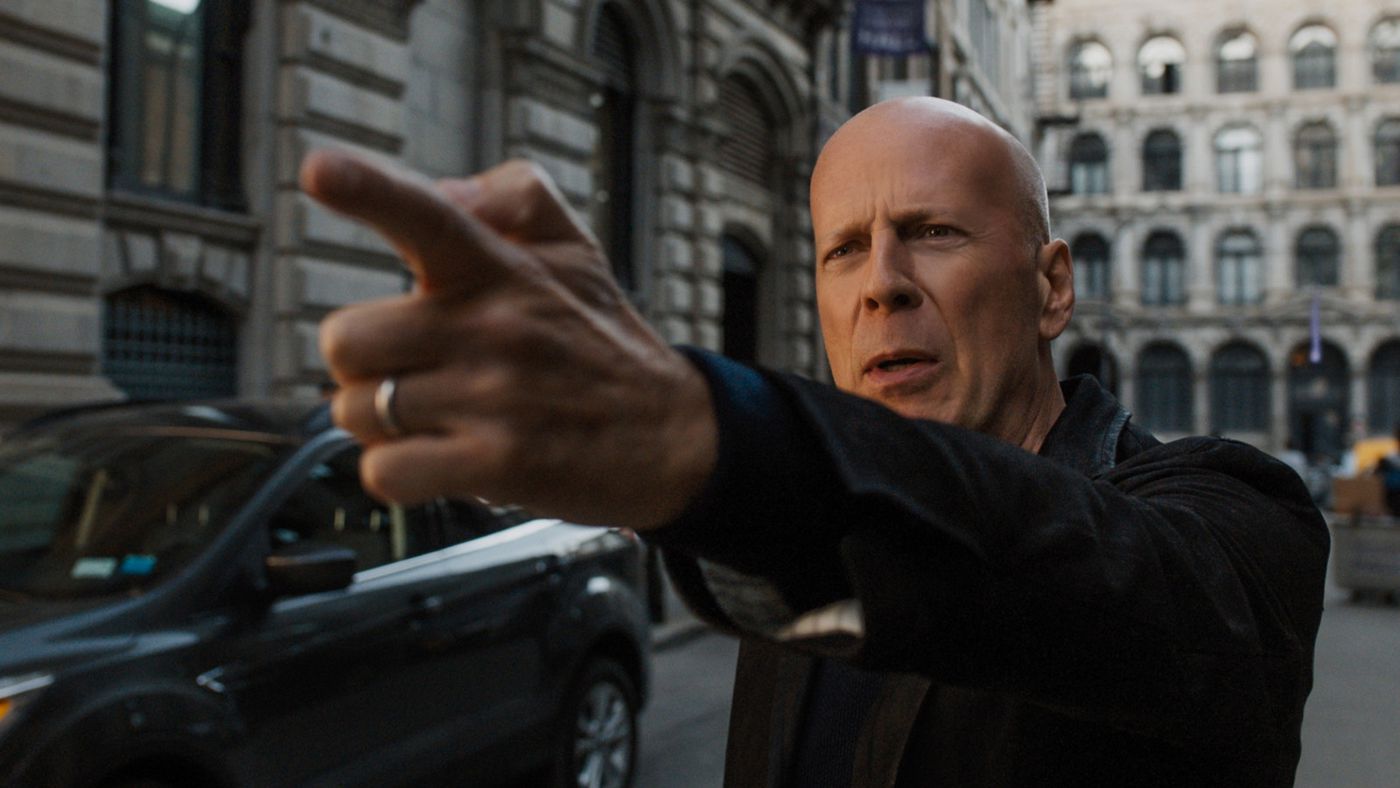Review Round-Up: May 4
/Happy May the 4th, everyone! It’s so nice that we have decided to reserve this day each year to celebrate Disney’s Lucasfilm’s sprawling Star Wars franchise. Otherwise, throughout the year, we would have only the eight weeks its major films dominate our attention and the eternal accessibility of its other properties. This is a well-deserved holiday we have bestowed upon the world’s most omnipresent corporation.
Speak of the devil—Marvel, the other stone in Disney’s own Infinity Gauntlet, has a movie out, just weeks after its previous film, it seems. You’ve probably seen that already, and all I have to say is: don’t worry, they’re all okay.
What dares challenge Marvel this week? Some mid-budget counter-programming, of course. We’ll have to wait another week for a superhero/space movie. First up is Tully.
I soured on Juno (2007) over time, but I remember rather liking Diablo Cody and Jason Reitman’s other collaboration, Young Adult (2011). Maybe it’s simply that I adore Charlize Theron and have a soft spot for Patton Oswalt, but I thought the film, while offering nothing unconventional in the morals department, featured a couple of very good performances and some deep laughs. Adam Nayman at Reverse Shot does not agree with me about the previous Cody/Reitman/Theron film, and boy, does he have some bombs to drop on this latest one:
One way to look at this conscientiously mature, strategically magic-realist movie is as its creators’ most ambitious joint effort to date, yet it’s actually this same, superficial “daring” that points up their work’s underlying lack of real imagination.
A word of warning: Nayman’s review spoils the movie’s major twist (yes, this dramedy about motherhood has a major twist), so only read if you’re immune to spoilers.
Elsewhere, Tully is doing a bit better in the reviews department, though overall it’s mixed. Jesse Hassenger praises Theron’s performance at The AV Club; David Edelstein’s review at The Vulture starts negative but ends appreciative. One other sceptical voice, though, is Manohla Dargis of the New York Times, who not only agrees with Nayman’s assessment of the film’s obviousness, but also connects its shortcomings as a drama to its lazy and regressive gender politics.
But the movie I’ll be watching this weekend—because if somebody made a couple good movies thirty years ago, I’ll never give up on them, I guess—is the surprising new John Woo-directed movie on Netflix. Manhunt is Woo’s return to the kind of balletic action flick that made him famous in Hong Kong in the late 1980s. Simon Abrams has a middling review of the film over at Rogerebert.com, but one paragraph, intended as a critique, convinced me to set aside time for this movie:
Parts of the over-the-top finale of 'Manhunt' bring to mind the loosey-goosey, punch-drunk Woo that made 'Face/Off,' another campy exercise where he tried to go back to his roots after a couple of relatively impersonal projects left him feeling more like a hired gun, and less like an artist. Ironically, 'Manhunt' loses momentum whenever its already fast-paced narrative gets a frenetic 'Face/Off'-style energy boost from distracting father/son squabbling and a prison break-style sub-plot involving a secret drug lab.
Sorry, but if this movie has the frenetic campiness of Face/Off, I’m 100% there. It was the odd melding of Woo’s style with the budgets and dramas of Serious Hollywood Movies that ultimately ruined his films. Face/Off was peak Woo, just before he was dragged down by the expectation that an action film be, you know, psychologically coherent. Ignatiy Vishnevetsky at the AV Club has his reservations, but writes that “when Manhunt gets to its actual action scenes, it delivers with aplomb the kinetically choreographed decadence that has been Woo’s forte since the 1980s.” That’s enough for me. Eat your heart out, Cannes. I’m staying in and watching Netflix this weekend.


















